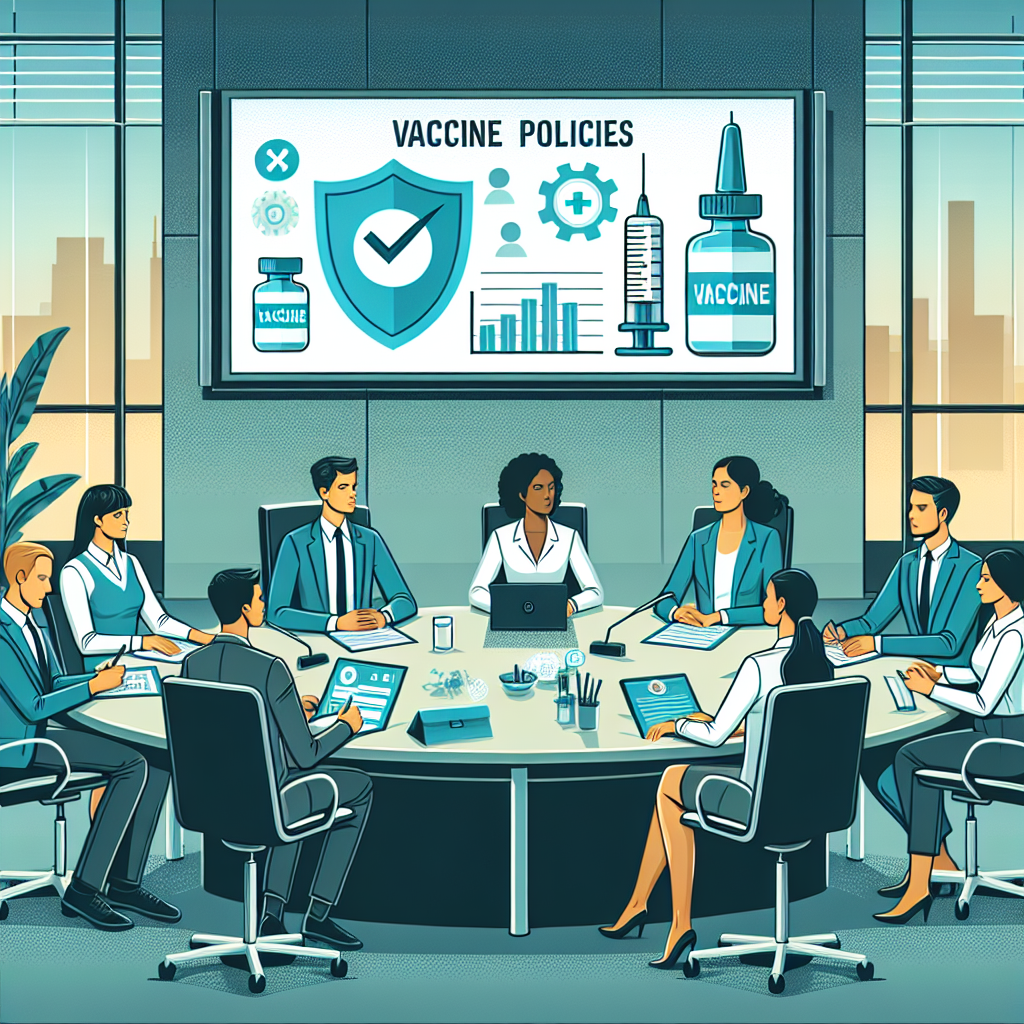U.S. Vaccine Advisory Shakeup: A Shot at Change
U.S. vaccine advisers plan to vote on altering the childhood immunization schedule. Under Robert F. Kennedy Jr., the committee considers changes such as removing the MMRV vaccine for kids under 4 and delaying hepatitis B shots for newborns, amidst controversies over scientific credibility.

The United States is on the verge of a pivotal decision regarding its childhood immunization policy. Vaccine advisers are set to vote on altering the nation's immunization schedule, a task that falls under Health Secretary Robert F. Kennedy Jr. Given Kennedy's controversial stance on vaccines, this move has stirred significant debate among medical experts. The changes under consideration by the CDC's Advisory Committee on Immunization Practices, now led by Martin Kulldorff, include the removal of the MMRV (measles-mumps-rubella-varicella) vaccine recommendation for children under four and revising hepatitis B vaccination timing for newborns.
The committee, drastically reshaped after President Trump's appointment of Kennedy, has faced criticism for its approach, including allegations of making decisions without sufficient scientific grounding. Kulldorff, a prominent biostatistician, counters that the panel is not anti-vaccine, but rather pro-vaccine, pointing to the decision to halt the use of thimerosal-containing flu vaccines due to safety concerns. Meanwhile, the CDC is managing internal upheaval following the firing of its director and resignations among senior officials who disagreed with Kennedy's policies.
These policy shifts are based on reports linking the combined MMRV vaccine to increased seizure risk in young children and the decline in hepatitis B-related deaths post-newborn vaccinations. As the committee prepares to vote, the public and health professionals await a decision that could reshape the nation's approach to childhood vaccines, with significant implications for public health.
(With inputs from agencies.)










